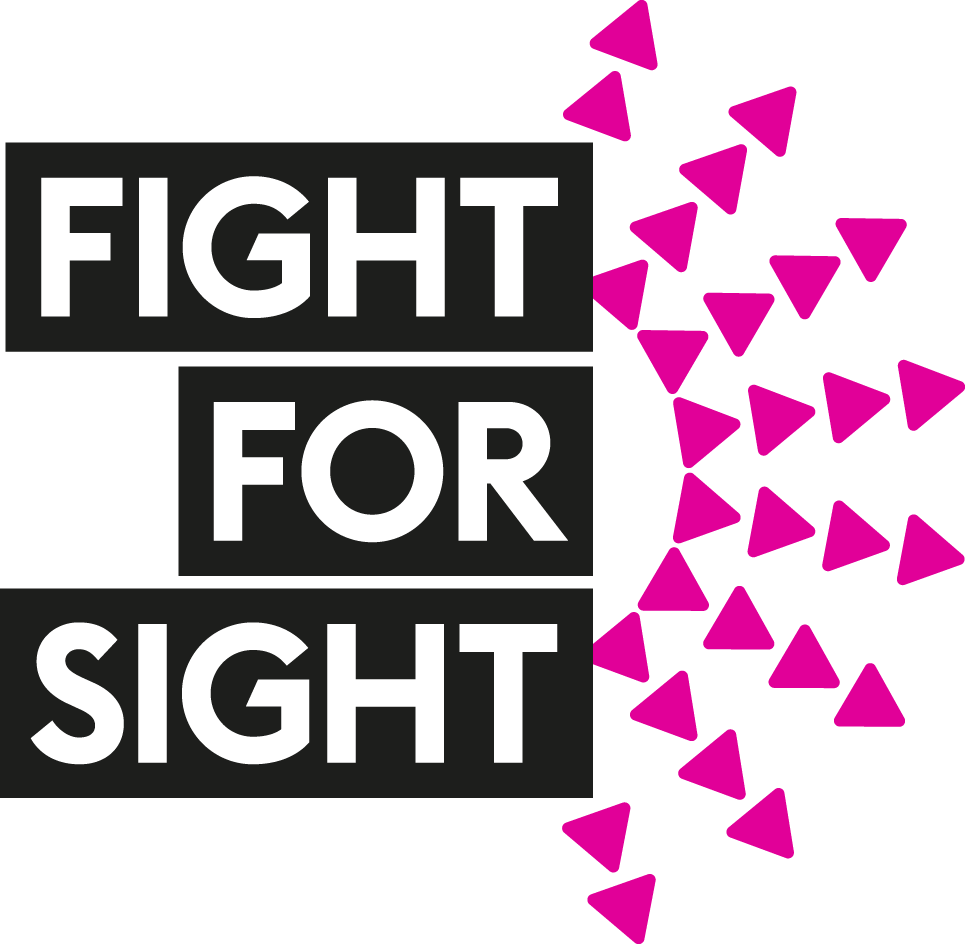Think UV this summer
In 2017 Fight for Sight and contact lenses supplier Vision Direct teamed up to encourage everyone to #ThinkUV in the summer and keep their shades on while they’re out in the sun.
Are you thinking UV?
Shedding some light on the myths
In the UK, UV exposure is the highest in the summer
Myth: UV exposure is the same all year round, whether it's summer, winter, spring or autumn
You don't need to wear sunglasses on a cloudy day
Myth: Clouds only reduce the amount of UV by around 10 percent, so on an overcast day, remember to wear your shades
UV damage to the eyes can be reversed
Myth: Unfortunately, sun damage to the eyes is cumulative. This means that it gradually builds up over time and can't be reversed.
Children are more vulnerable to UV exposure than adults
Truth: As you get older, your lens naturally absorbs more UV to protect your retina. Kids under 5 have particularly vulnerable eyes, so it's especially important that they're protected.
Darker tinted lenses will provide more UV protection
Myth: The tint of a sunglasses lens has no effect on UV protection, but does change the amount of light that goes into your eye.
All sunglasses offer UV protection
Myth: Not all sunglasses are made equal! Look out for shades with the CE mark to guarantee they meet the European standard for UV protection.
People with blue eyes are more at risk of UV damage
Truth: Blue eyes contain less of a protective pigment called melanin, which makes UV exposure more of a risk for people with blue eyes than it is for those with darker eyes.
Your eye are 10x more sensitive to UV than your skin
Truth: Your eyes are even more susceptible to burning than your skin. With the lasting damage that UV exposure can cause, it's a good idea to wear sunglasses to avoid burning.
UV levels are higher in tropical areas
Truth: UV levels are more intense at both higher altitudes and in tropical areas near the equator. The further you live from the equator, the less risk there is.
Exposure to UV can lead to eye condition
Truth: Frequent exposure to UV can lead to the development of cataracts and possibly macular degeneration, which can both impair sight.
All car windows have UV filters
Myth: A study in the U.S. found that side windows blocking only 71 percent of rays, compared with 96 percent in the windscreen (JAMA Ophthalmology).

